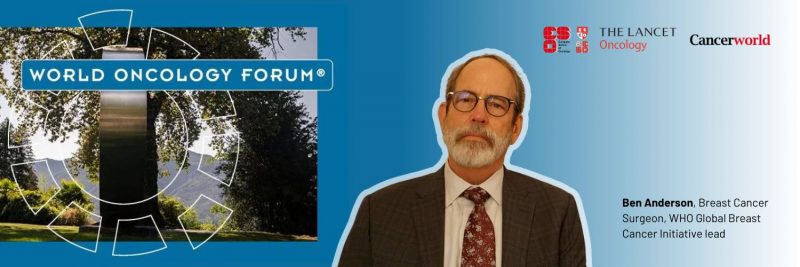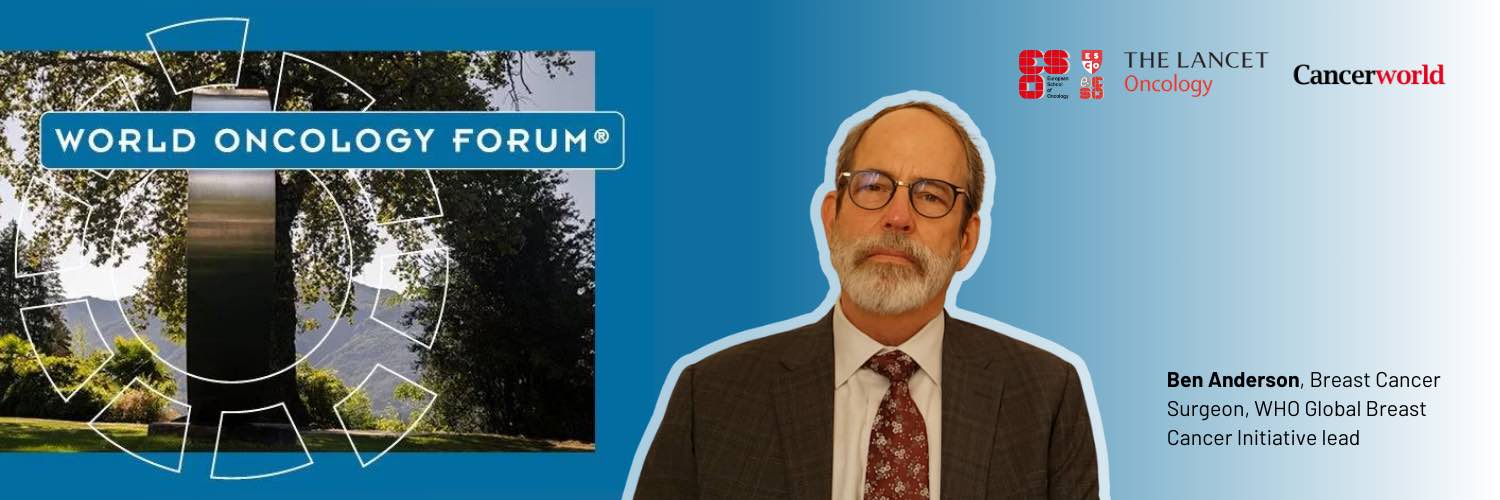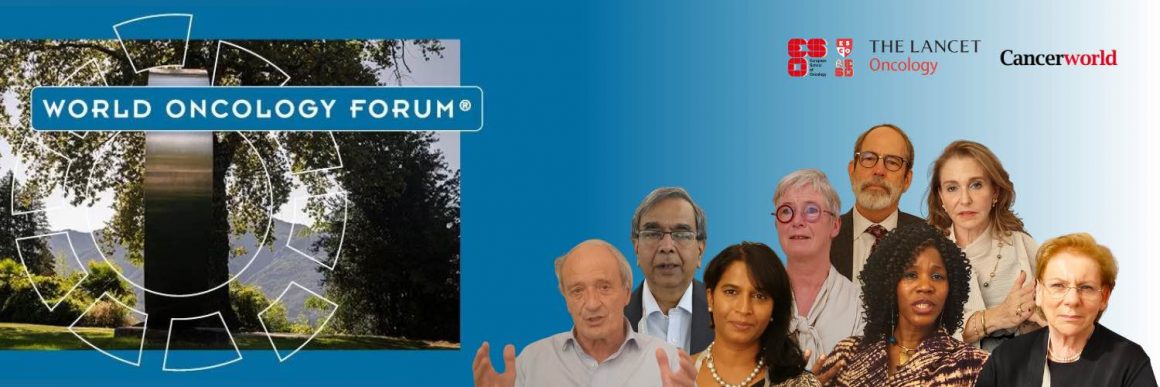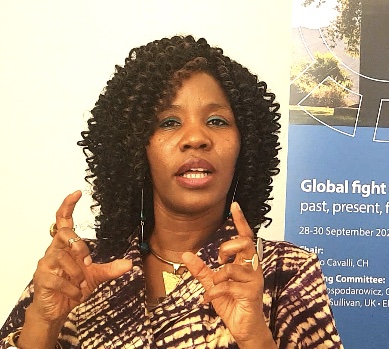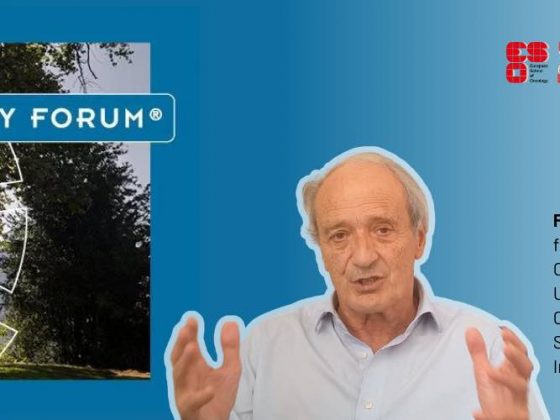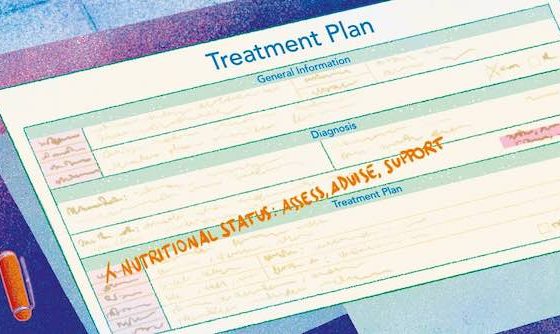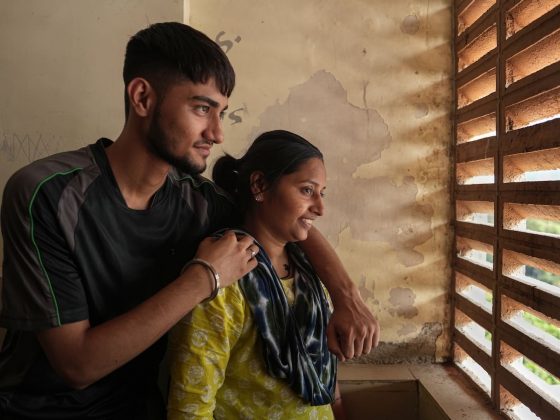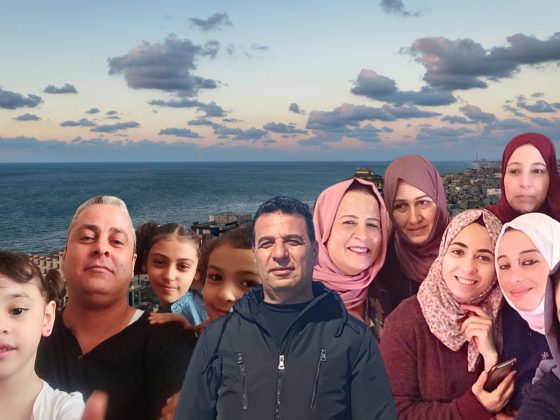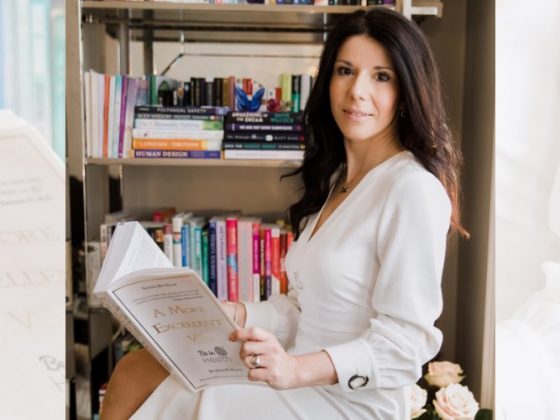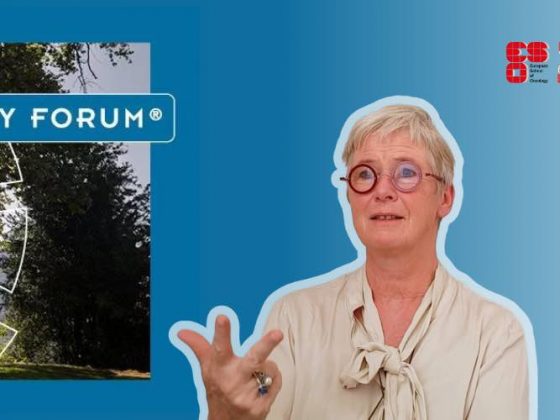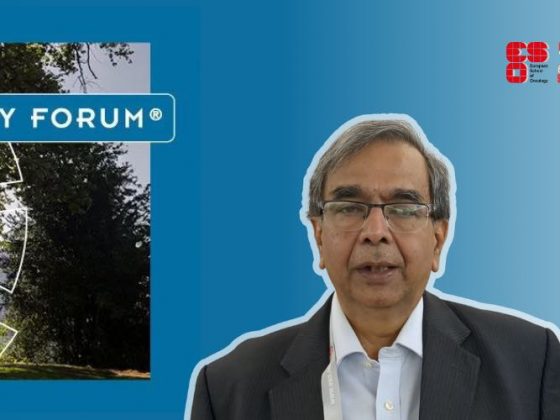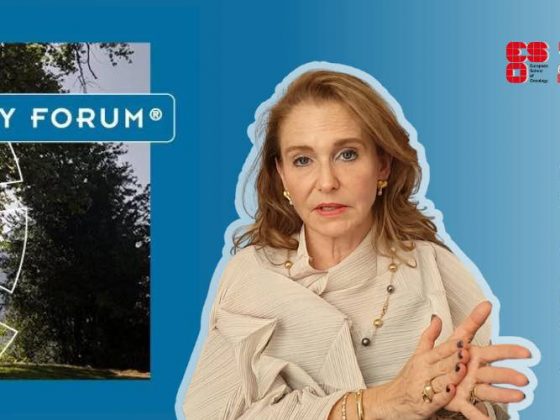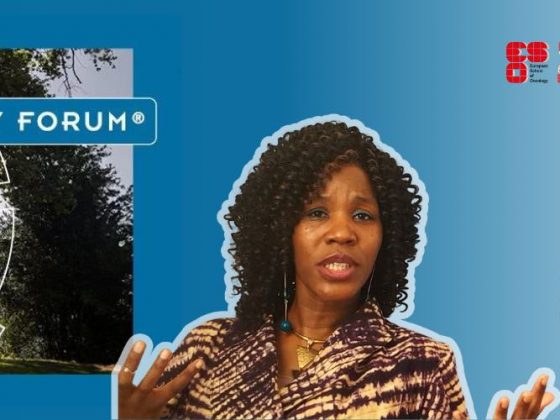What progress can we point to? I think there has been a lot of progress and it has been incremental. Ten years ago, one of the biggest obstacles was the belief that this is not going to work. When we started 20 years ago doing the Breast Health Global Initiative for low- and middle-income countries, it was difficult getting any interest.
That is very different today. In Sub Saharan Africa, AORTIC [the African Organisation for Research and Training in Cancer] have really made changes. They’ve gone beyond identifying the problems to thinking about solutions. A major change has been recognising that one doesn’t just reproduce in a low- and middle-income environment what happens in a high-income environment. One must be more thoughtful and strategic.
Where are we failing? There needs to be a greater focus on practical measurement. Throughout our systems well-intended programmes are implemented without a monitoring and evaluation framework tagged on. If you don’t measure your outcome, even if you do everything perfectly, you won’t be able to show that it worked.
In breast cancer, for instance, there has been a very persistent gap in recognising the importance of assessing cancer stage. Cancer staging was originally developed by the UICC (today’s Union for International Cancer Control) back in the early 1940s. Now it’s become routine in high-income countries that you have to write down stage at diagnosis. Without that data it becomes very difficult to know what the problems are that need addressing: Is my problem that everyone is showing up with advanced stage disease? Or maybe its more about completion of therapy? Getting cancer registries to record stage at diagnosis is very challenging. But we’ve been having ongoing discussions with IARC [International Agency for Research on Cancer] to make stage at diagnosis not an add-on, but fundamental to what we do. In the Global Breast Cancer Initiative, it is a key performance indicator to know your stage distribution. Because otherwise you really don’t know how to go forward.
What should we be advocating for today? A key area is ownership – who is responsible? If we think about some interventions that WHO has recommended – vaccination, to vaccinate or not – how many doses? That is information that can be provided and it is relatively simple to act on.
When you talk about cancers, that has to be fixed and addressed within the country. You can’t fly into a country, fix cancer and leave. So we have to shift from the thinking, “We’ll tell everybody what to do and they will all get better,” to “We have to empower the countries so they can do self-assessment of where they are.” If they can’t assess their own situation, it would be very difficult to make good progress.
One of the challenges we have when we have these fabulous experts is that we all think we know what it is you’re supposed to do. But we’re not actually the decision makers here. It’s about distinguishing our role here – it is not to tell everybody what to do; it’s to create tools so they can do this in the way that is most effective in their environment.
This was one of eight interviews with participants of the World Oncology Forum that were conducted by Cancerworld. Click on the links below to see what the others had to say.
Advocating for accessible cancer care in the global South: are we doing this all wrong?
Nirmala Bhoo Pathy, Public health physician, University Malaya, Kuala Lumpur
“What is not being discussed is how do we improve wellbeing?”
See interview summary | See video
Miriam Mutebe, Breast cancer surgeon, Agha Khan University, Nairobi, and President Elect of AORTIC, the African Organisation for Research and Training in Cancer
“We need to think critically about how our healthcare system can deliver the best for patients”
See interview summary | See video
Felicia Marie Knaul, Co-chair of the Lancet Commission on Cancer and Health Systems, Sylvester Comprehensive Cancer Center and Director of the Institute for Advanced study of the Americas, University of Miami, Florida, President of the Mexican breast cancer advocacy group Tómatelo a Pecho
“In this post-Covid world we have the opportunity to harness technology in ways that we have never seen before”
See interview summary | See video
Srinath Reddy, Founder and Past President of the Public Health Foundation of India
“We need to make care affordable and strengthen our health workforce so we have people who can deliver the wide range of services that are needed”
See interview summary | See video
Bente Mikkelsen, WHO Director for Non-Communicable Diseases
“We should think through what is needed to ensure we have accountability, and simplify the metrics on what success looks like”
See interview summary | See video
Franco Cavalli, Founder & organiser of the World Oncology Forum, past Chair of the Scientific Committee of the European School of Oncology, past President of the UICC
“We need another approach, where governments, public spending, taxes, together with development banks play the overarching role in financing the global fight against cancer”
See interview summary | See video
Mary Gospodarowicz, Radiation oncologist at Princess Margaret Cancer Centre, University of Toronto, co-chair of the Lancet Commission on Cancer and Health, Past President of the UICC
“We’ve been talking to decision makers for 20–30 years. It hasn’t worked. I think we now have to engage better with the public”

